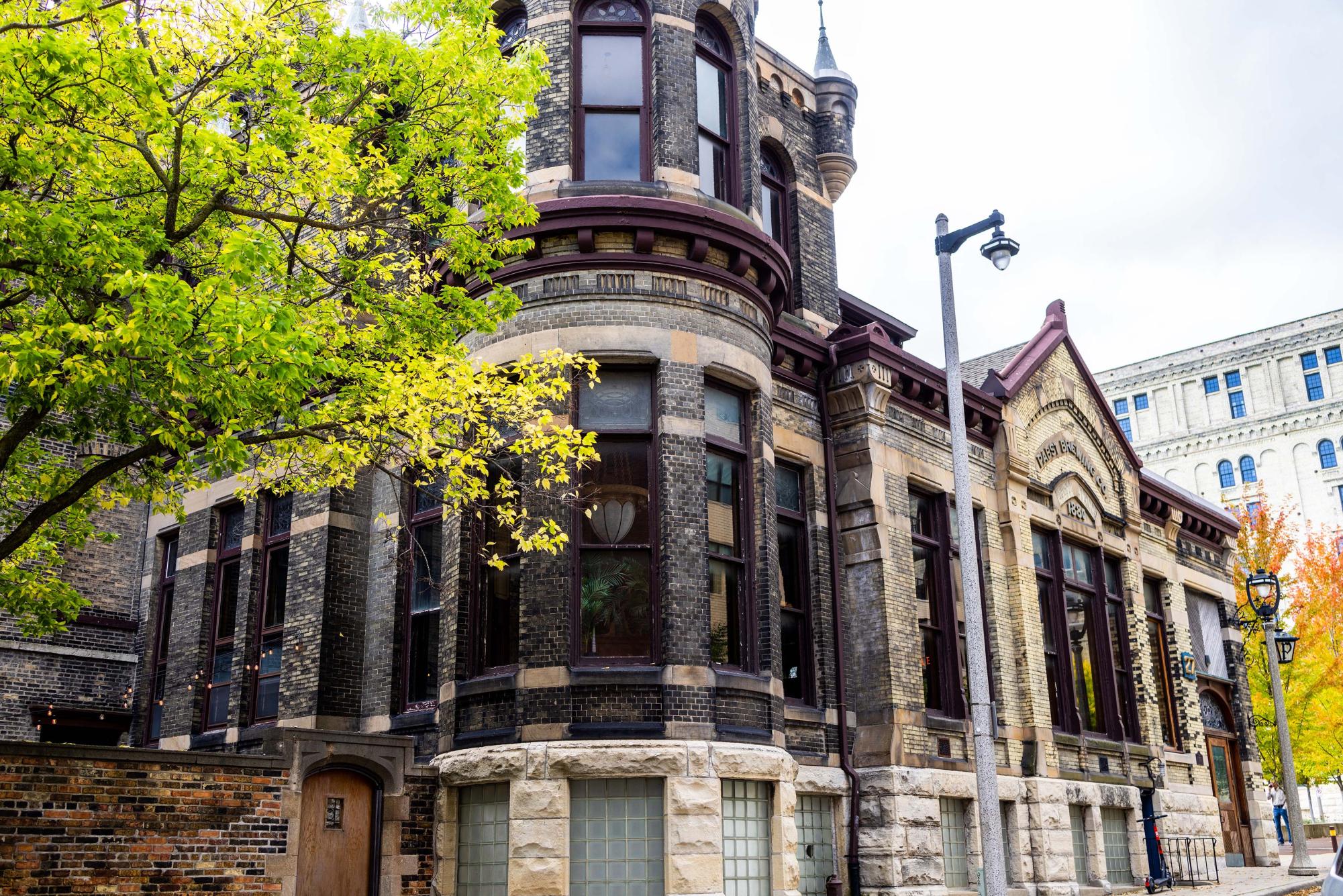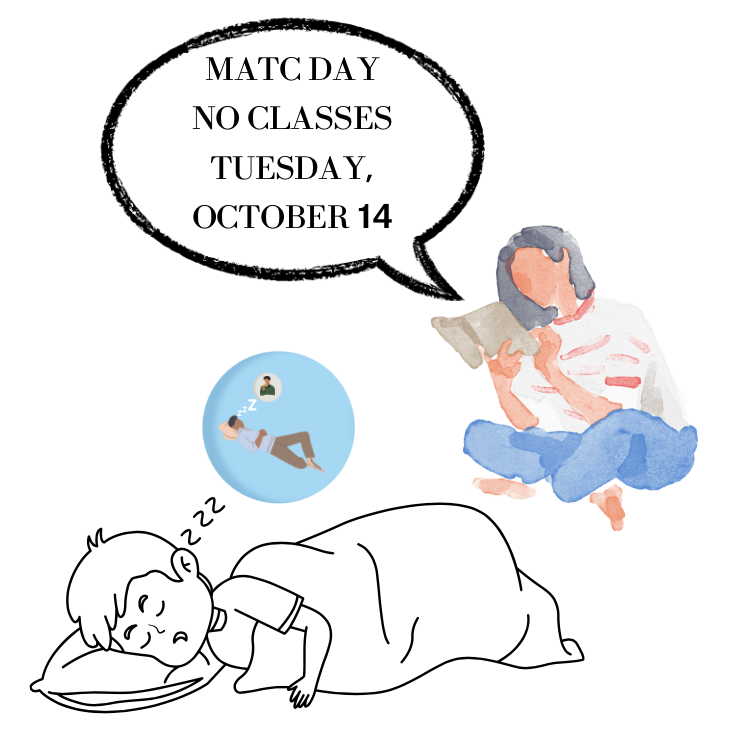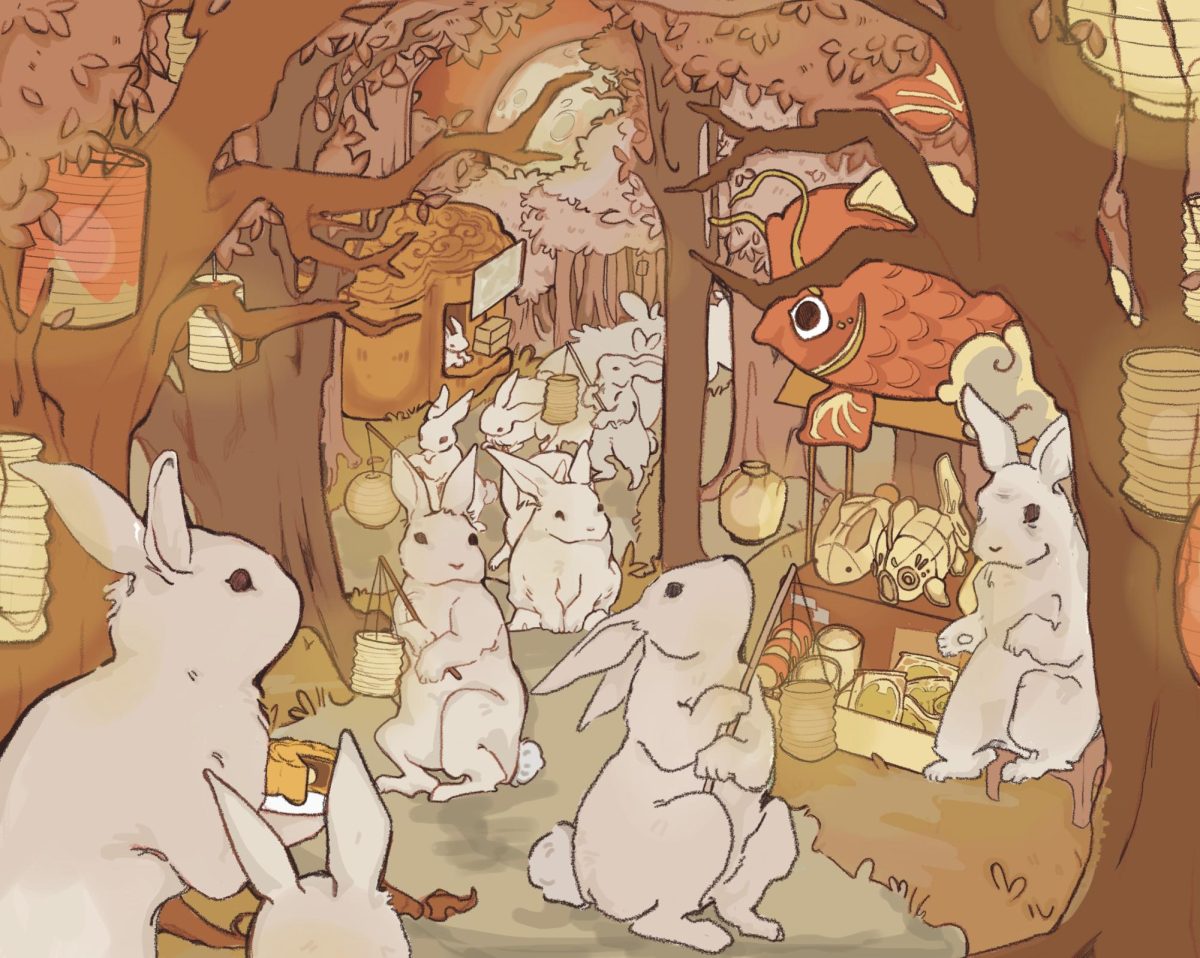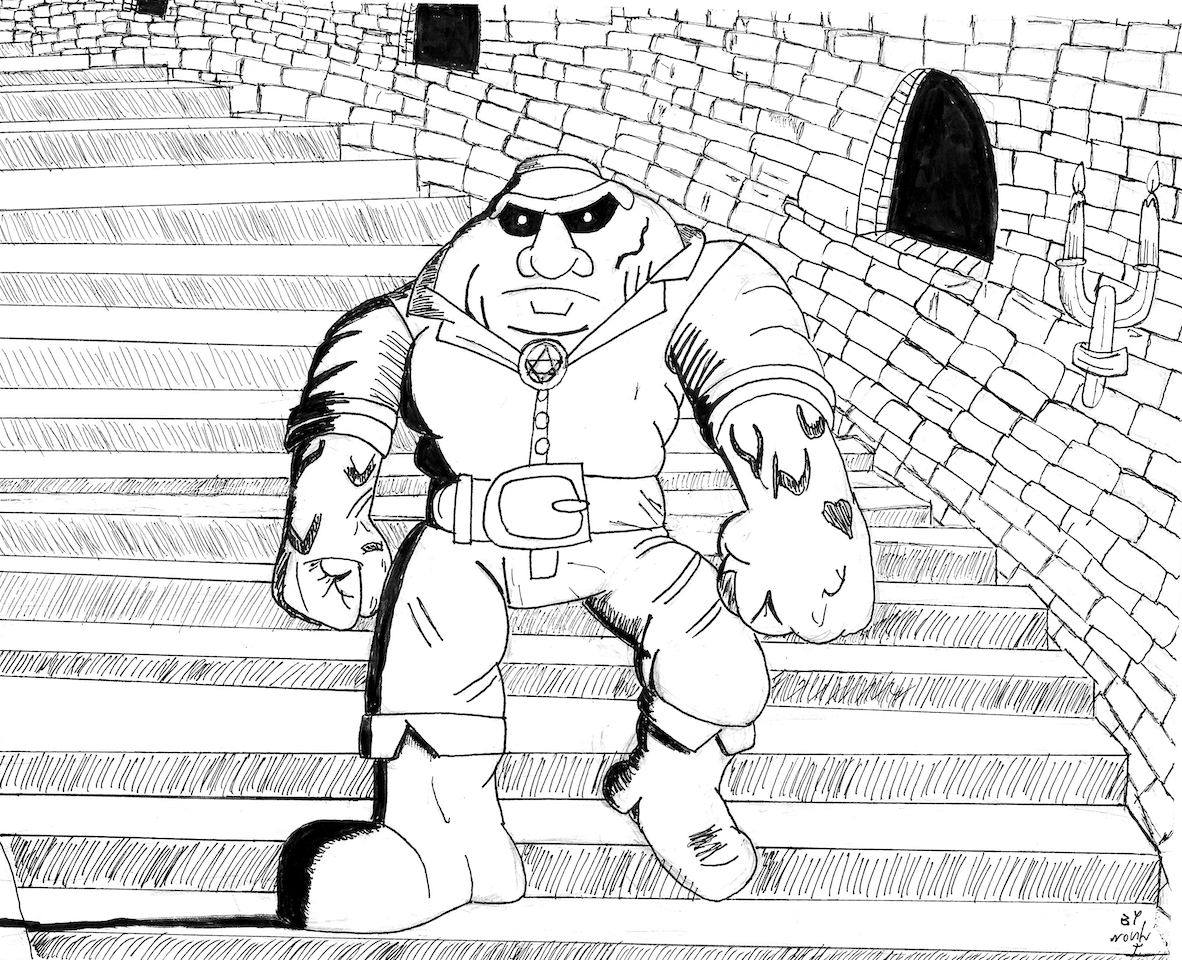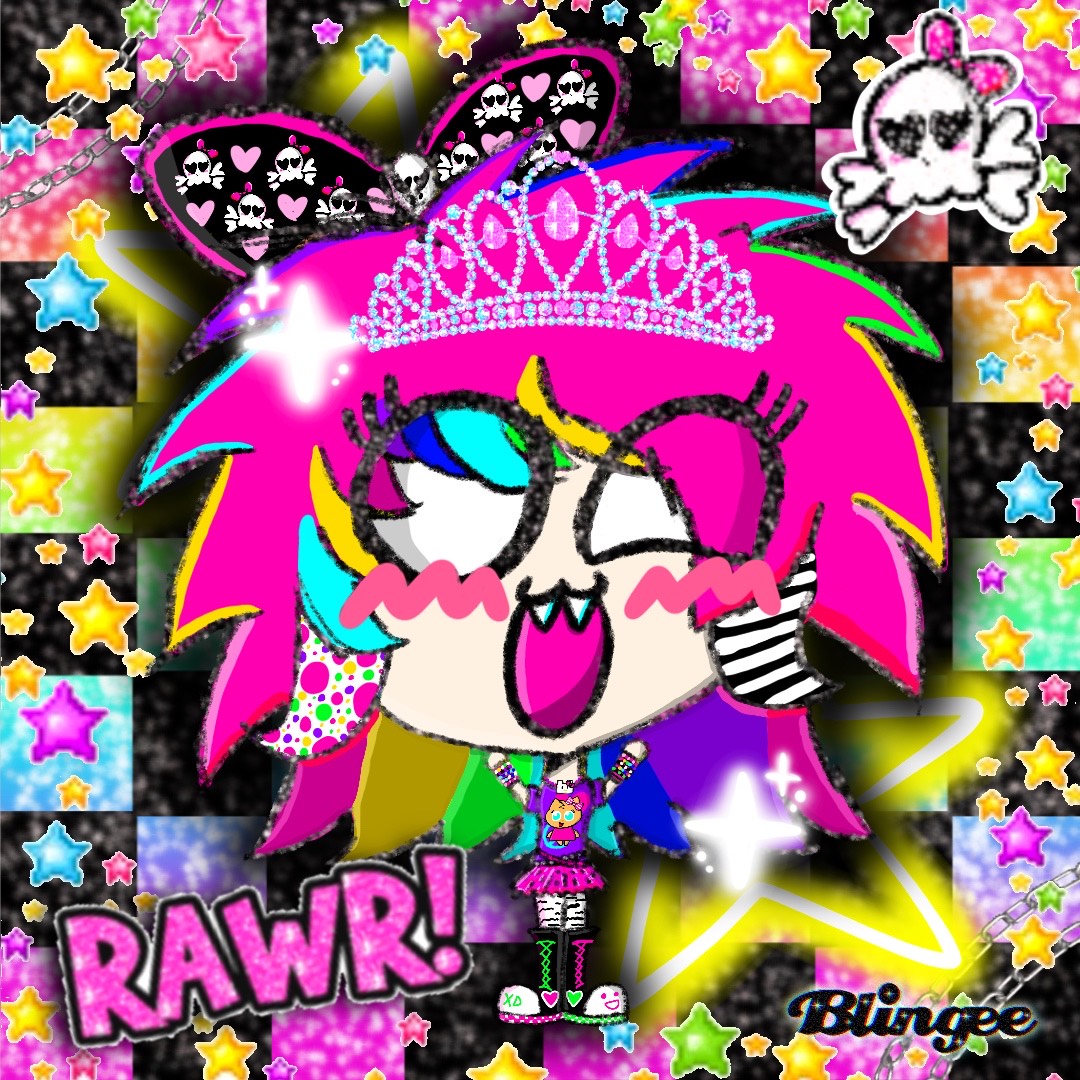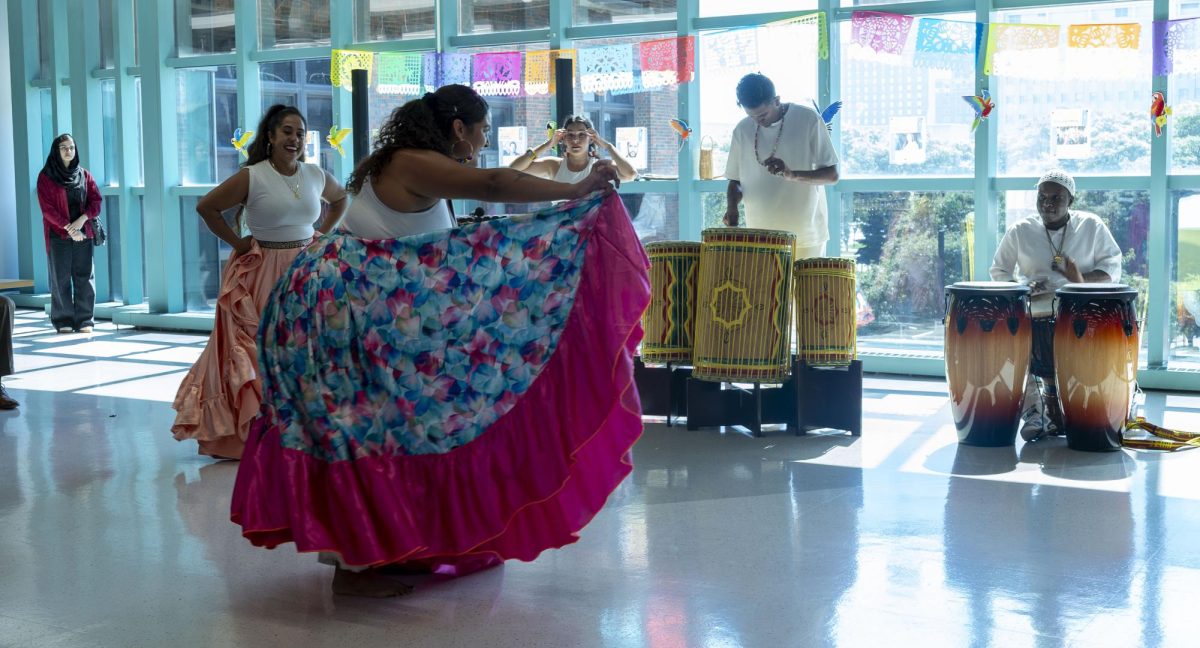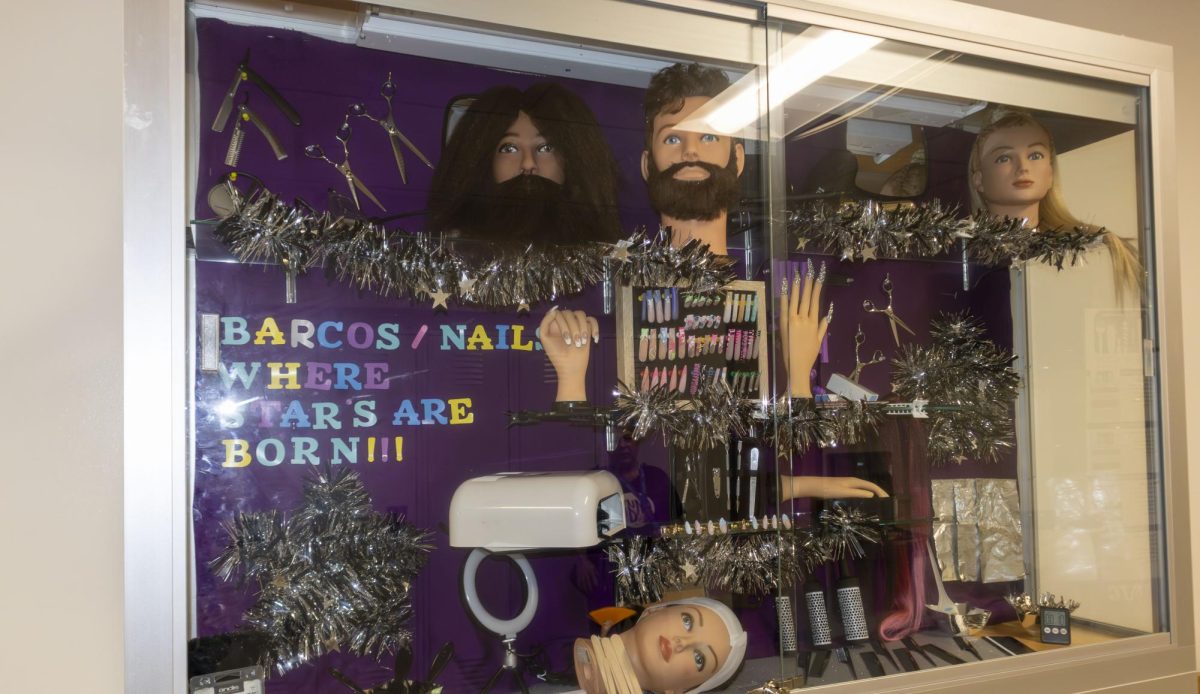When you see the enchanting castle on 9th and Juneau, you may not know there’s more there than meets the eye. You won’t find knights in shining armor or damsels in distress, but you can be transported back in time in other ways.
I went to “Shakespeare Raw – Love’s Labour’s Lost” with two male friends on a Wednesday night in September. It’s hard to describe this play that was shown in the theater at Best Place Coffee & Spirits.
The night started with the words “This play is about a house (long pause) on a hill (long pause) in a haunted house.” “Is this place haunted?” My friend exclaimed. But it wasn’t scary, the words were more romantic in tone.
It took a few minutes for me to figure out what was going on. Once I discovered that all the male characters were dressed as women and all the female characters were dressed as men, it gave me a different perspective on love and courtship.
The main idea of “Love Labour’s Lost” is love, and the story revolves around the characters’ attempts at courtship. The characters say they don’t wish for love, yet it consumes their minds and they surrender to its power.
Comparing the sweet words of Shakespeare and the way women were loved in that time period, I realized the game has not changed that much. In the original play, the male character’s pursued women and attempted to win their hearts. In this version, the men were pursuing the women who were dressed in male clothing, and the women were being courted by the men who were dressed in women’s clothing. The men were always doing the pursuing no matter what their attire was.
Also, the Shakespearean way the character’s revealed the passion behind their love warmed my heart. The following male character expresses how someone can win the love of the woman he is courting.
The character Moth said: “By heart you love her, because your heart cannot come by her; in heart you love her because your heart is in love with her; and out of heart you love her, being out of heart that you cannot enjoy her.”
He wants to love her, even if he can’t have her. It made me realize that his love was deeper than just the catch. The play left me feeling enlightened to be a woman and to hear about women being loved and uplifted.
This play was adapted by Drea Roedel-Schroeder.
